
1. Seafood
Fish such as salmon tuna, mackerel and sardines are a rich source of omega 3 fatty acids, amino acids (taurine), vitamin and minerals. They help fight cold and flu symptoms and reduce inflammation. [1] Another seafood oysters contain mineral zinc in a large amount that helps reduce cold symptoms in no time.
Caution, it is advised to cook seafood properly before consumption.
 15 Effective Home Remedies To Treat Or Prevent Hay Fever Symptoms
15 Effective Home Remedies To Treat Or Prevent Hay Fever Symptoms

2. Chicken soup
This a staple and easy-to-eat food for surviving the cold and flu season. Chicken soup has an anti-inflammatory effect that helps calm the inflammation of the upper respiratory tract. The warm effect of the soup also helps clear nose and airway congestions caused due to mucus. [2] Chicken soup is filled with proteins, vitamins and minerals that help boost our immunity during illness.

3. Citrus fruits
Citrus fruits such as orange and pineapple are a great source of vitamin C, an antioxidant that helps with improving the immunity. A study has shown that daily consumption of vitamin C foods (90 mg for males and 75 mg for females) helps in shortening the common cold duration and lessen the symptoms. [3]
 25 Food To Eat When You Have Food Poisoning
25 Food To Eat When You Have Food Poisoning
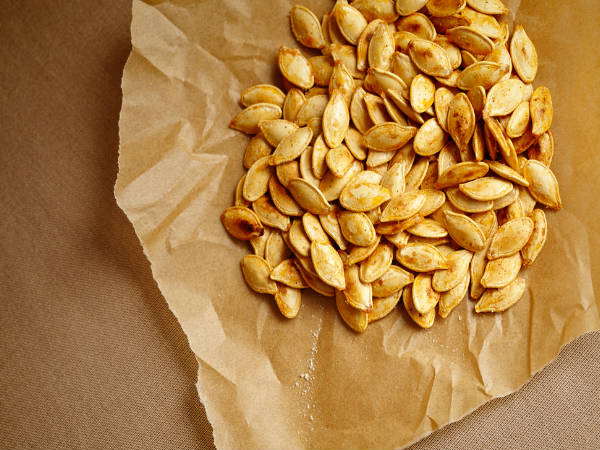
4. Pumpkin seeds
Pumpkin seeds are packed with two vital minerals, zinc and iron. These nutrients help strengthen the immune system and prevent the entry of infections such as virus or bacteria into the body. It is among the best healing foods for the common cold. Pumpkin seeds also prevent allergies which may result in runny nose or cough.

5. Herbal teas
Herbal teas such as lemon and honey tea and chamomile [4] are infused with polyphenols, antioxidants and other essential nutrients. Several studies talk about its effect on a sore throat, nasal congestion, headache and other cold symptoms. The anti-inflammatory property of herbal teas also helps combat inflammation of the respiratory system caused due to infections.
 COVID-19 And Pulmonary Fibrosis: Causes, Symptoms, Risk Factors And Treatments
COVID-19 And Pulmonary Fibrosis: Causes, Symptoms, Risk Factors And Treatments

6. Eggs
Eggs contain a high amount of selenium that play a crucial role in improving immunity. Also, the protein in eggs helps maintain the body’s strength, which is usually lost when a person is sick. Some studies show that soaking a piece of cloth in egg whites and placing it on soles of the feet with socks on can effectively help lower the spiked temperature.

8. Coconut water
Coconut water is an excellent rehydrating solution. During fever or cold, our body loses water through the skin to lower down the body temperature. This causes dehydration and weakness. Coconut water helps maintain the electrolyte balance in the body and reduces fever. It is an excellent fluid during the dengue fever. [5]
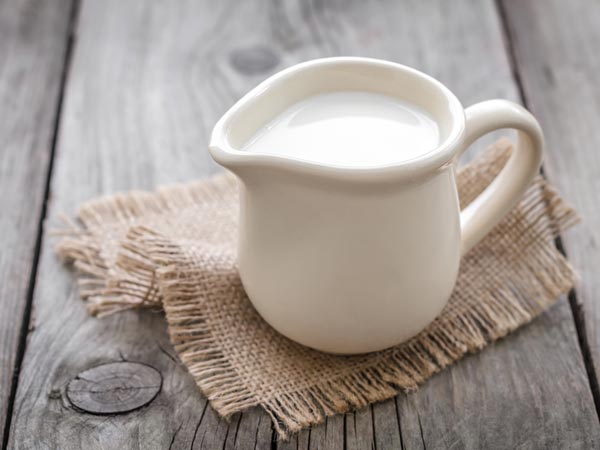
9. Warm milk
Warm milk, like herbal teas, has a warming and soothing effect. There are not many studies that talk about the benefit of warm milk during cold, but this nutritional fluid helps in making for the loss of fluids in the body as well as provides essential nutrients that boost the immune system. This helps combat cold and flu. [6]
READ RELATED: How to Clean a Shower Curtain and Liner to Fight Mold
Caution, avoid warm milk if you have lactose intolerance or milk allergy.
 11 Must-Have Healthy Vegetables During The Monsoon
11 Must-Have Healthy Vegetables During The Monsoon
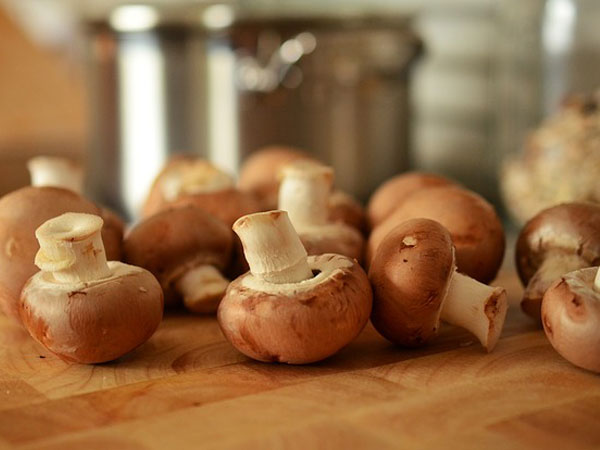
10. Mushroom
Mushrooms have natural anti-inflammatory and immunomodulation properties. They help reduce the inflammatory response caused due to virus or bacteria when they enter the body. As a result, the immune system fights against these infections and may prevent the onset of cold or fever. [7]
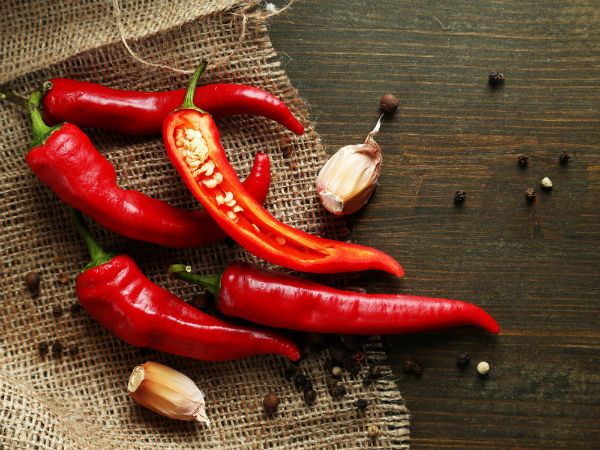
11. Chili pepper
Consuming spicy foods (in limits) is considered beneficial to combat cold symptoms. A bowl of hot soup with added chili pepper helps in easing nasal congestion and allows mucus to come out easily. This reduces breathing problems and relieves cold symptoms. Also, capsaicin in chili pepper is an excellent source for boosting immunity, thus helping in fighting off with cold-causing infections.
 Diet And Depression: Healthy Foods That May Help Fight Depression
Diet And Depression: Healthy Foods That May Help Fight Depression
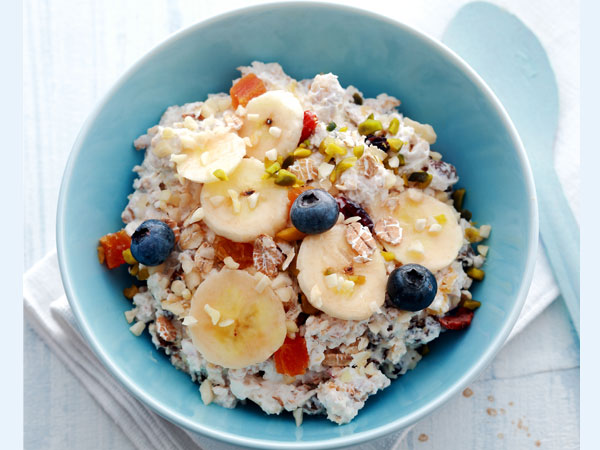
12. Oatmeal
Oatmeal is a nutritional and easy-to-eat food loaded with proteins, minerals and vitamins you need during those feverish days. These nutrients stimulate the immune system and decrease inflammation of the respiratory passage. Avoid having oatmeal that contains more added sugar.
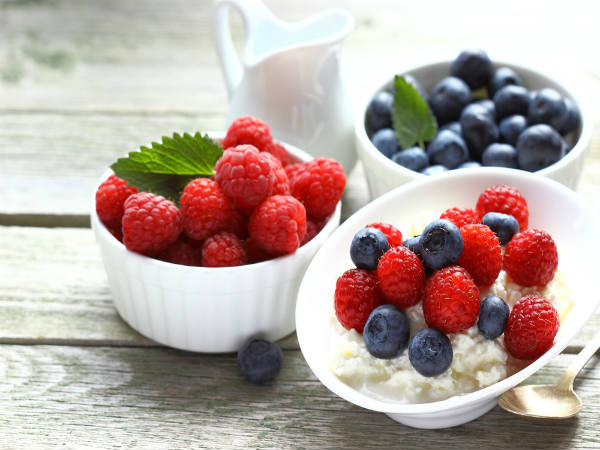
13. Berries
Berries such as blueberries, strawberries and cranberries are excellent sources of flavonoids. They also have anti-inflammatory, immunomodulation and antimicrobial properties. These properties help in warding off the cold symptoms in a short time.
 Are There Home Remedies For Blood In Stool?
Are There Home Remedies For Blood In Stool?

14. Leafy veggies
Green vegetables such as spinach, cabbage and kale are good sources of vitamins (A, C, K), digestion-regulating fibre and folate. These compounds ease cold symptoms and protect the body from fever and chills. The best way to get the nutritional benefits of leafy greens during cold is to make a hot vegetable soup by adding these vegetables.

15. Greek yoghurt
Greek yoghurt is high in proteins that help keep cells healthy for good immune power. It prevents infections that usually attack persons with weak immunity. Yoghurt also contains probiotics or good bacteria that ward off flu and cold symptoms and infections of the upper respiratory tract.
 17 Safe And Effective Home Remedies For Foot Pain
17 Safe And Effective Home Remedies For Foot Pain

Other Healthy Ways To Prevent Cold And Flu
- Stop biting your nails: Studies show that biting nails can transfer germs from your hands to your mouth. The entry point of cold-causing and other germs is your nose and mouth, and the nails and hands contain a lot of germs that might enter the mouth easily. So, it’s recommended to avoid biting nails, as this will reduce the risk of getting sick.
- Exercise: Post-menopausal women who perform moderate exercise have a lower risk of getting cold and flu. Brisk walking for 45 minutes for at least five times a week will reduce the frequency of cold. Moderate exercise for 30 to 60 minutes per day will boost the production of white blood cells and enhance the immune response.
- Keep the surface clean: Keeping your surfaces clean at home and work is essential. The U.S. Centre for Disease Control and Prevention recommends regularly cleaning the frequently touched objects and surfaces to prevent spreading of the germs like flu. You can use disinfectants to kill off the germs, especially in doorknobs, keyboards, toilets, TV remotes and light switches.
- Get good sleep: According to the National Sleep Foundation, getting less than seven to nine hours of sleep daily can make your body more vulnerable to illness. Sleep is essential for your overall well-being and insufficient quality sleep can increase susceptibility to infection. Therefore, sleep at least for seven hours to maintain the good health of your mind and body.
- Stay hydrated: Drinking water helps flush out germs from the body. By keeping the body hydrated, one can help maintain the proper body functions, according to the American Academy of Family Physicians. Hydration will help enhance the body’s ability to fight off illnesses like cold and flu. It’s advisable to drink at least eight glasses of water daily.
Source:






